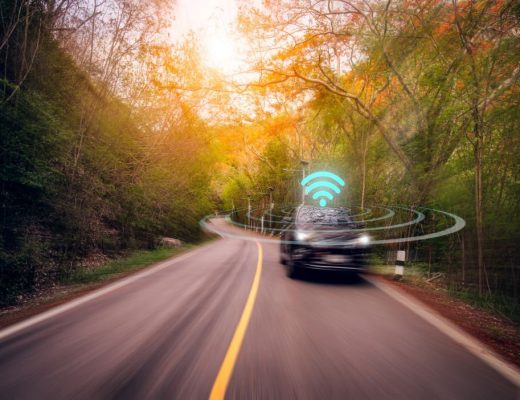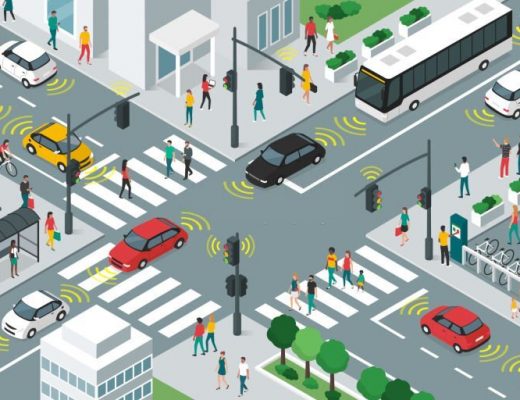Connected cars are on the verge of becoming a common phenomenon in India shortly. As India undergoes digitization, automobile connectivity has gained traction among major auto Original Equipment Manufacturers (OEMs). While market share and sales figures will remain relevant for auto OEMs, new Key Performance Indicators (KPIs) centred around customer experience, wallet share, and profitability from connected car services are driving future transformation programs.
India, with over 690 million internet subscribers, represents one of the largest and fastest-growing markets for digital customers. By 2023, internet users are projected to exceed 870 million. Thriving in this technology-fueled world requires automakers to connect with their customers on a more personal, emotional, and experiential level throughout the customer journey. Auto OEMs are now leveraging insights from actual car data and location and customer preference data. The shift is evident because the car is no longer seen solely as a transportation medium; instead, it has evolved into a hub for relevant data exchange between customers and OEMs.
According to Deloitte’s 2020 Global Automotive Consumer Study, 81 per cent of surveyed Indian consumers are comfortable sharing their data with OEMs, dealers, and commercial third parties if they benefit significantly. Global brands launching in the Indian market have recognized “connectedness” as a fundamental value proposition, emphasizing the importance of a connected-car strategy with customer experience at its core.
However, building a connected-car strategy must consider the critical aspect of cyber security. Customer experience and cyber security go hand in hand, ensuring a smooth and secure ride for the customers. Cyber security is integral to the connected car ecosystem, from design and manufacturing to dealership sales. Auto OEMs are being tested for their preparedness, agility, and existing digital capabilities in the face of emerging threats and new-age mobility players challenging traditional OEMs.
While designing customer experiences, cyber security must be an inherent part of the process to ensure the seamless use of various features. Neglecting cyber security in customer experience design is akin to enjoying a roller-coaster ride with a malfunctioning brake system.
The significance of customer experience in the context of connected cars has never been more relevant. New KPIs focused on customer experience, wallet share, and profitability from connected car services are driving future transformation programs. As consolidation continues and new-age mobility players expand their presence across the value chain, traditional OEMs must reimagine success in connected vehicles with a differentiated customer experience approach.
In conclusion, the era of connected cars in India presents both opportunities and challenges for auto OEMs. Emphasizing customer experience and cyber security will be crucial for establishing a solid foothold in this dynamic landscape and ensuring a seamless and delightful journey for connected car users.
Reimagining Success: Customer Experience and Cyber Security at the Core of Connected Vehicles
- Building a connected-car strategy focusing on customer experience is essential as connected cars gain popularity in India.
- New KPIs centred around customer experience, wallet share, and profitability from connected car services are driving future transformation programs for auto OEMs.
- India’s growing number of internet users and the rise of digital customers create opportunities for automakers to connect with customers on a more personal and experiential level throughout their journey.
- Relevant data exchange between customers and OEMs is crucial, and 81 per cent of Indian consumers are comfortable sharing their data with OEMs if they receive significant benefits.
- “Connectedness” has become a fundamental value proposition for global brands launching in the Indian market, emphasizing the importance of customer-centric connected-car strategies.
- Cyber security is a critical aspect of the connected car ecosystem and should be integrated from design to sales through dealerships to ensure a secure customer experience.
- Traditional auto OEMs face challenges from emerging threats and new-age mobility players, requiring preparedness, agility, and existing digital capabilities.
- Customer experience and cyber security must go hand in hand to provide customers with a smooth and secure ride.
- Neglecting cyber security in customer experience design is akin to enjoying a roller-coaster ride with a malfunctioning brake system.
- By prioritizing customer experience and cyber security, auto OEMs can navigate the dynamic landscape of connected vehicles and deliver delightful experiences to connected car users.



